Requirements of a Healthy Immune System
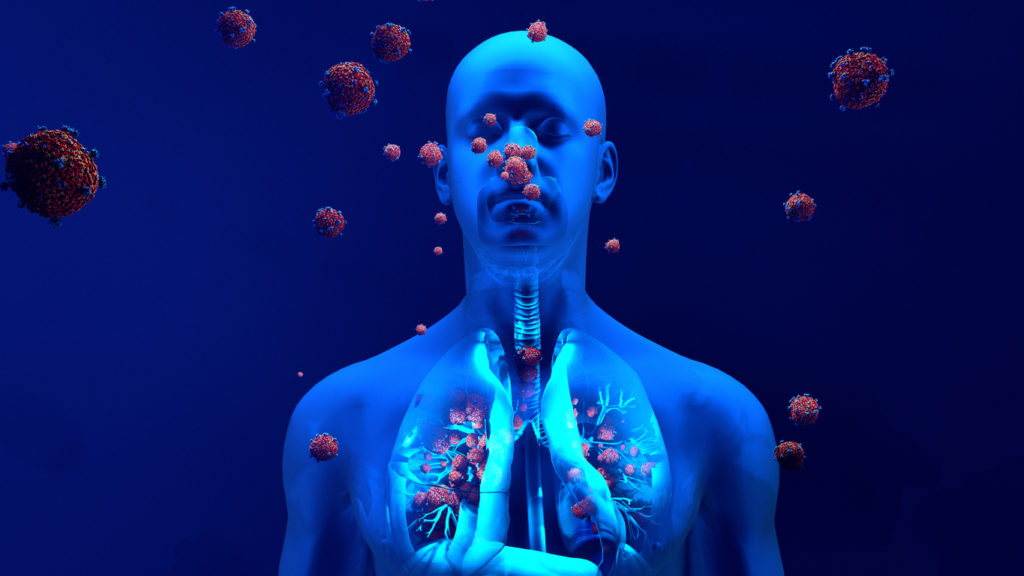
How do we develop a strong immune system and what do we need to do to maintain it? What makes one person’s immune system able to defend against COVID-19 while another’s cannot rise up to the challenge?
How Poor Diet and Lifestyle Contribute to Risk of COVID-19
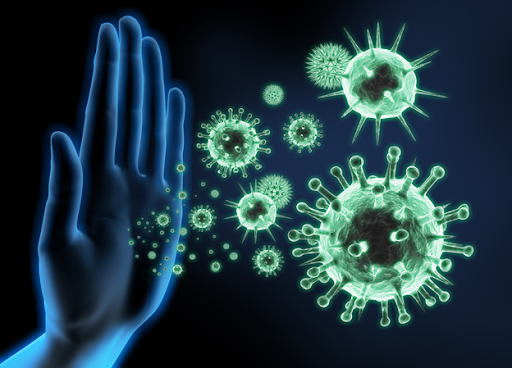
Very rarely are we put into a challenging situation that forces us to examine our immune health. Unless we get diagnosed with cancer or an autoimmune disorder, most of us don’t give much thought to our immune system…
Mucosal Immunity: The First Defense Against COVID-19
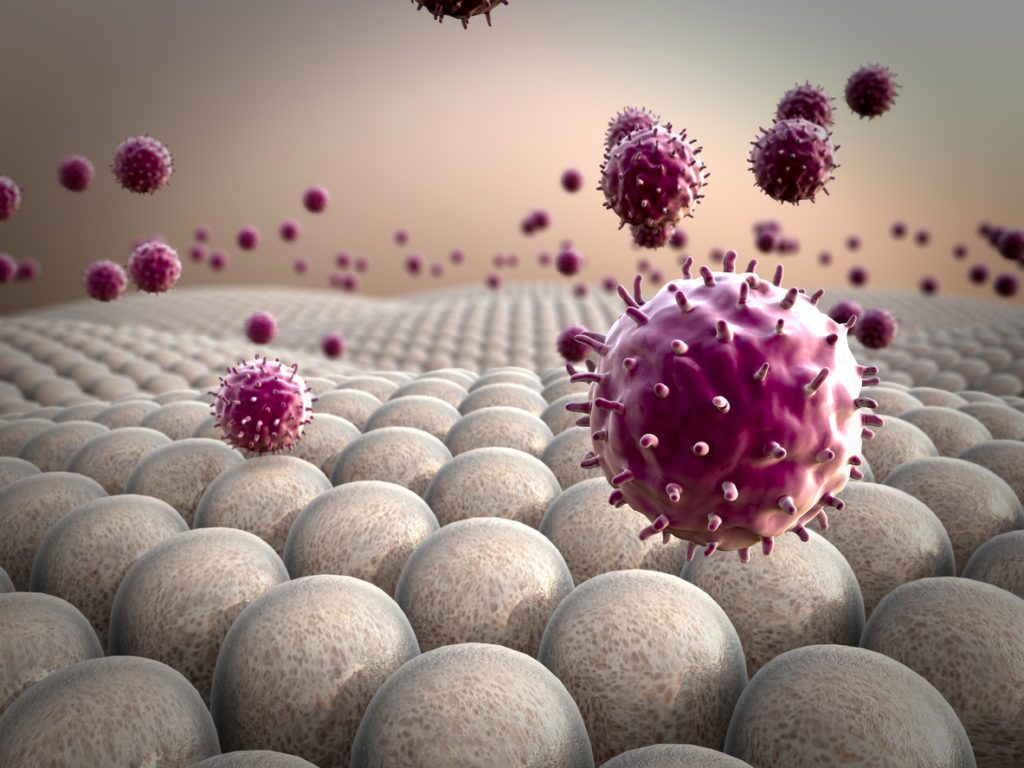
On entry into one of these epithelial-lined tracts, the virus will try to bind to the epithelial cells of the throat, mouth, and nose which line these cavities…
Building Immune Resilience to COVID-19
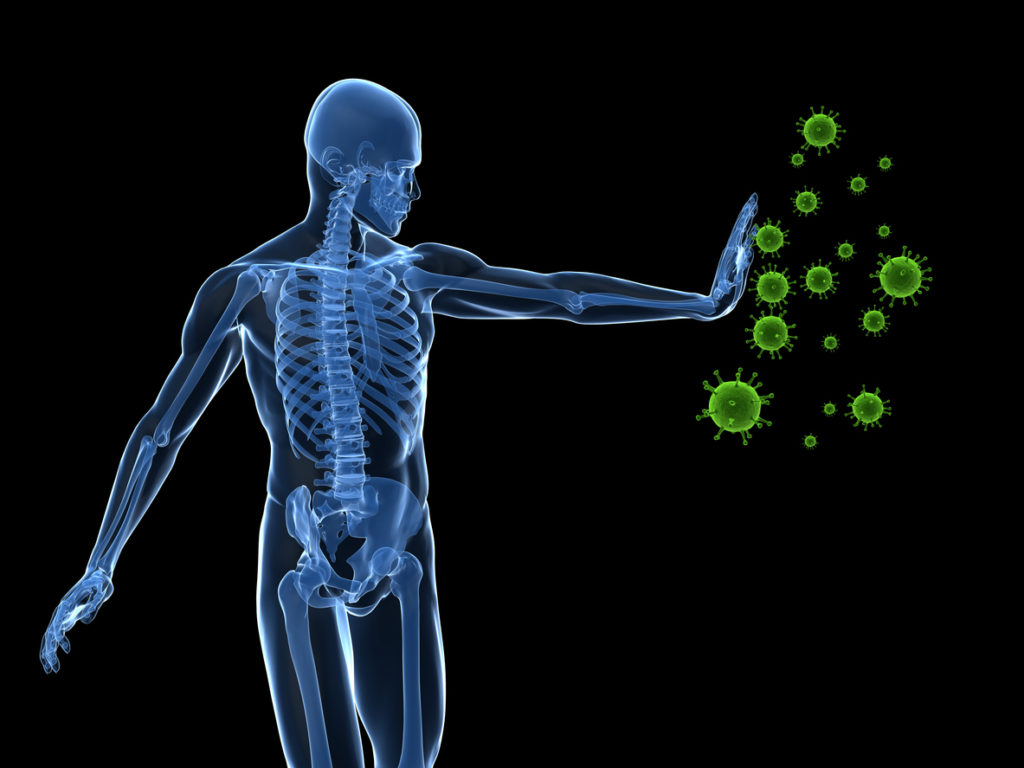
The coronavirus that causes the disease known as COVID-19 is closely related to the coronavirus that caused SARS (Sudden Acute Respiratory Syndrome) in the 2002-2003 outbreak.
Irritable Bowel Syndrome

Irritable bowel syndrome (IBS) affects as many as 5%-20% of individuals worldwide and has a significant impact on quality of life. IBS symptoms range from diarrhea to constipation with abdominal pain or discomfort and gas or bloating, referred to as “abdominal distension”…
NSAID-Induced Enteropathy
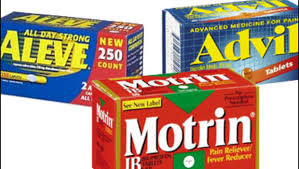
NSAID-induced enteropathy refers to intestinal damage that occurs from the use of non-steroidal anti-inflammatory drugs (NSAIDs). Examples of NSAIDs include ibuprofen (Advil®, Motrin®), naproxen (Aleve®, Naprosyn), Celebrex® and aspirin.
Hypochlor-hydria (Low Stomach Acid)

The primary stomach enzymes used in protein digestion are hydrochloric acid (HCl) and pepsin. A healthy stomach secretes 2-3 liters of gastric juice per day! But this is not the case with many people in today’s modern world…
Intestinal Permeability/ Leaky Gut
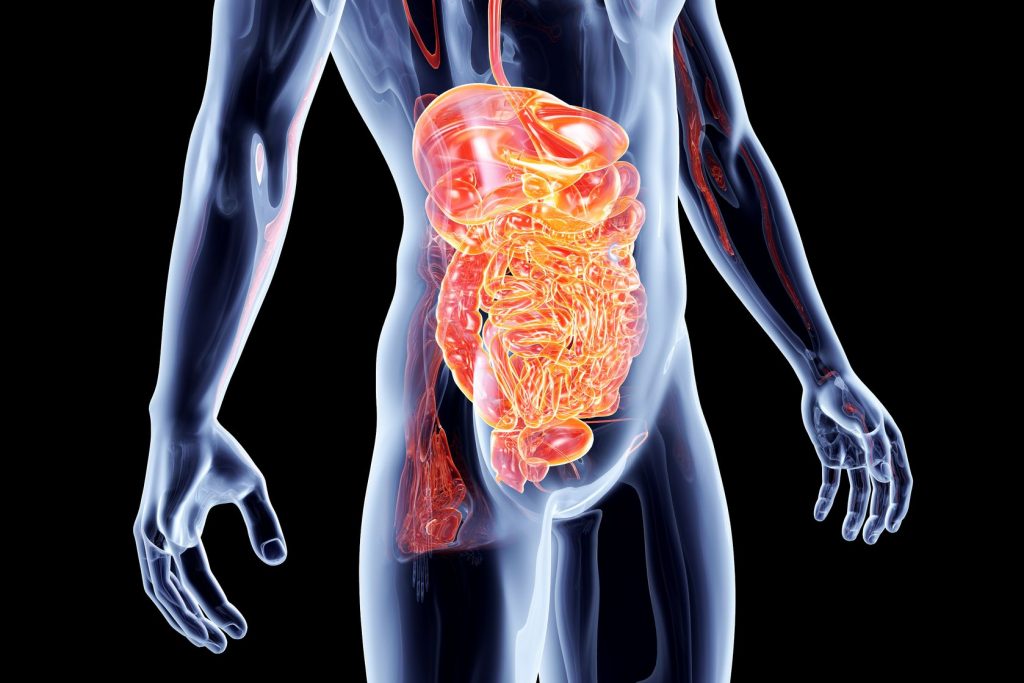
The lining of the gastrointestinal (GI) tract is composed of small epithelial cells that lie side-by-side each other forming tight junctions. These tight junctions act as a barrier between the interior of the body (blood/circulatory system) and the exterior of the body…
Adverse Effects of PPIs
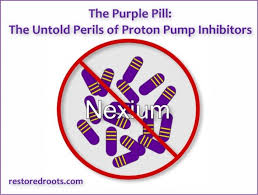
The standard treatment for GERD continues to be the use of a powerful class of medications known as proton-pump inhibitors (PPIs). PPIs are block-buster drugs that make the pharmaceutical companies billions of dollars annually. This class of medication represents the third-highest selling class of drugs in the U.S.